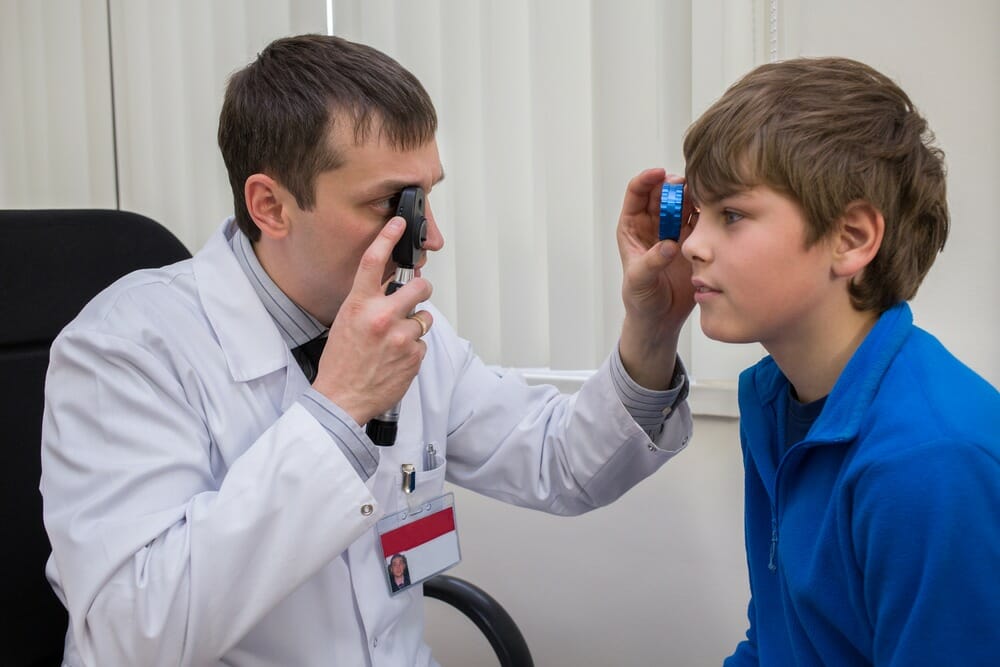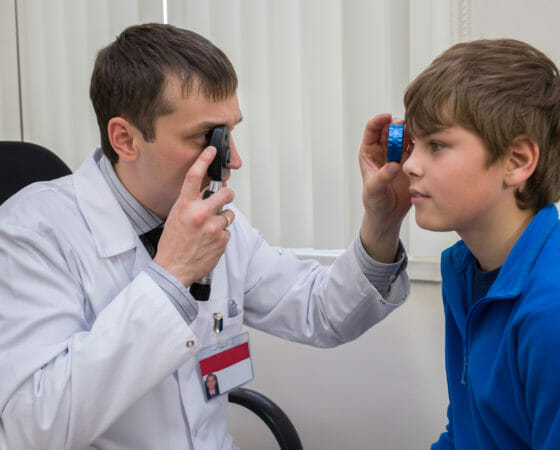Eye Doctors Can Often Detect Diabetes First

Barry Hampton was a beloved Portland musician. Originally from Baltimore, Barry arrived in Portland in the 90s and was known best for fronting the neo-soul group, The Triple Grip. In 2011, Hampton died from complications from a treatable disease that he didn’t even realize he had—diabetes.
Many people don’t realize that diabetes alone kills more people in the United States every year than breast cancer and AIDS combined, and that even if properly treated, it can shave an average of six years off of a person’s life.
Another thing that many people do not know is that a routine eye exam can often pick up on signs of diabetes earlier than just about any other diagnostic tool.
Diabetes and Diabetic Retinopathy
Diabetes is a disease that affects the body’s ability to regulate the level of sugars in the blood. Our bodies need various forms of sugars to function and to perform all manner of metabolic processes. But too much sugar in the blood can cause all sorts of damage to various parts of the body, including the retina of the eye.
The retina is the thin layer of tissue at the back of the eye that records and processes the information (images) it receives as light, and passes on that information to the brain for interpretation.
Diabetic retinopathy is the leading cause of blindness in human beings. It is caused by damage inflicted by excess blood sugar in the blood vessels of the retina.
In the early stages, most people with diabetic retinopathy experience no symptoms, but a routine eye exam can catch the damage being done to the eye earlier than some blood and urine tests can catch diabetes on the whole.
Other Diseases Your Eye Doctor May Be Able to Detect
Diabetic retinopathy and diabetes in general are not the only general health concerns and conditions that your eye doctor may be able to detect. The effects of hypertension (the silent killer) or high blood pressure can often be detected during a routine eye exam, as can certain autoimmune disorders, high cholesterol, thyroid disease, and certain cancers and other tumors.
Protect Your Vision, Protect Your Health
For these reasons, in addition to protecting your eyes and vision, it is recommended that you see an eye doctor every one to two years for a routine eye exam.
Protecting your vision is important, and the added benefits of early detection of various diseases are a bonus. However, do not substitute an eye exam for your yearly trip to the doctor. While an eye exam may catch some diseases and issues, it is not a substitute for a physical and disease screening examination.

